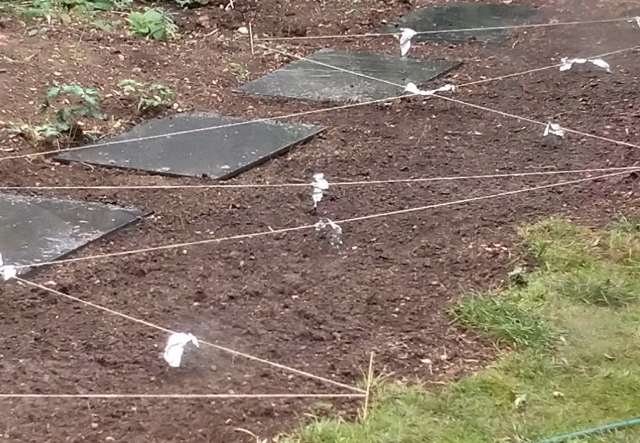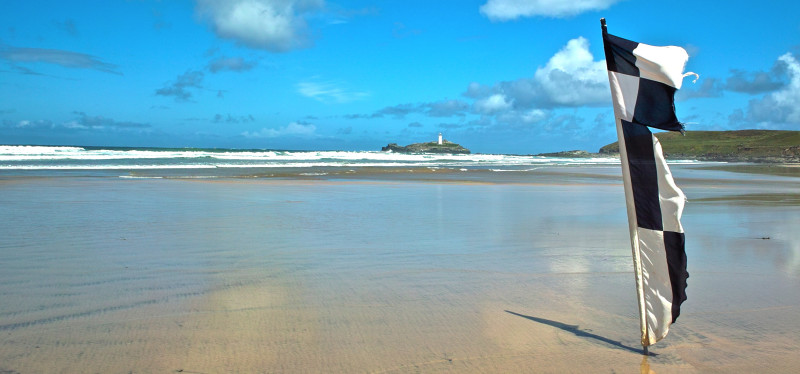that dubbed us Holy Dungmakers. Sidestepping all the other meanings and thematic nods in that, the name comes back to me as I glance at the mud underneath my fingernails. I’m a digger and a spreader of dung, though not my own, shifted back and in touch with waste and the cycle of decay, the unticked centuries of working the dirt for a plateful. Three hours sifting the soil and sprinkling seed and I’m invested in my tiny spot of earth, as much as the crazy father in Love and Death and the square foot of ‘land’ he carried around in his coat pocket. I really care when I spot the birds pecking away at my sowing, dash out there with my twine and silver foil. If they ignore these measures I’ll deploy the cat, dopey and titchy as he is, though that’s the nuclear option, I don’t feel good harming any living thing these days not even a fruit fly, (though I’m not as tender as the guy in Mull who can’t bear to mow the grass around his house). Fruit flies have got life and choice in them, the neuroscience researcher taught me that, they move away from pain. I don’t want any dead birds, it’s bad enough when they stun themselves swooping into the glass panels and leave their wing impact ghostings on the panes. I don’t want dead flying things on my conscience, my guilty-of-everything scribbled list. Twine and foil first. And time. The dirt demands your hours. At the close of The War in the Air, Wells’ proud shopkeepers and merchants are breaking the sod, trying to grow enough to live on in the aftermath of global war. It takes all their waking energy to work the land, to raise enough food from it for a scrawny existence. Only the master gets to loll in the library and pen a few pages, and I’m no master. I’d be serf in the soil come the zombie apocalypse, still muttering lines from In Parenthesis as I rake and water. Still turning them over in my head, these last six years and more since the last entry.

